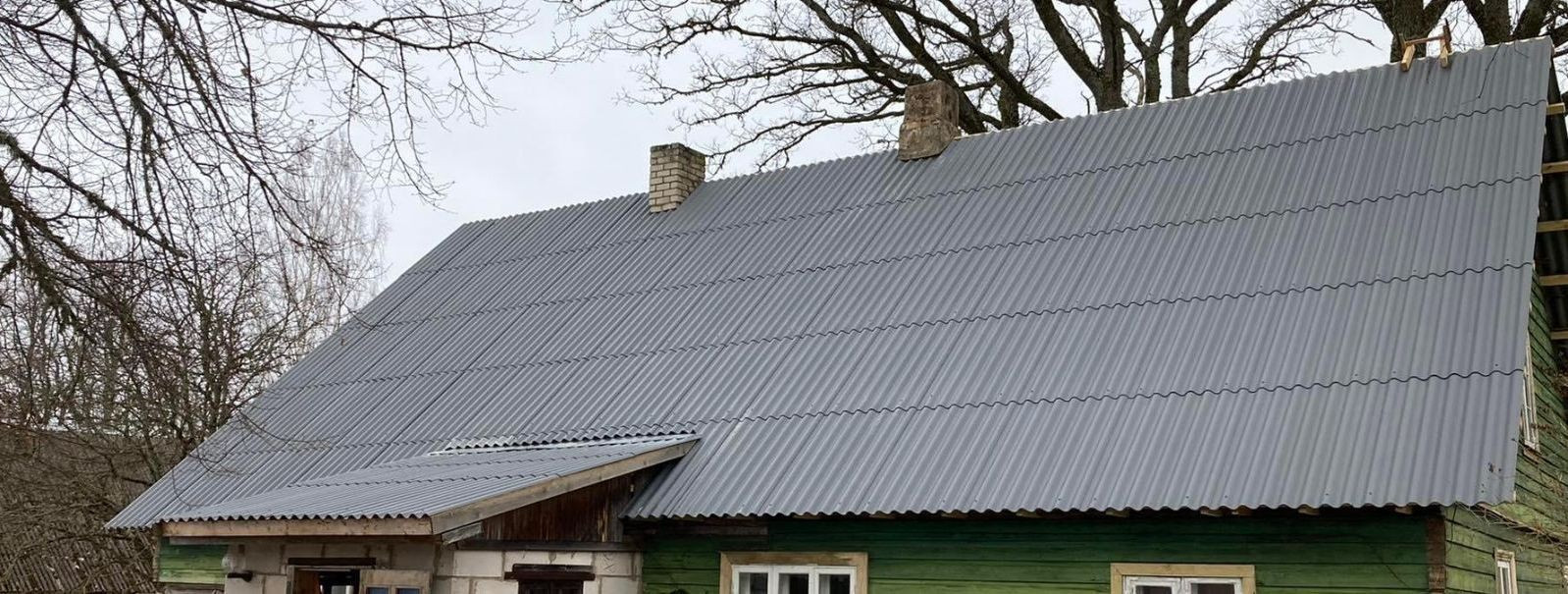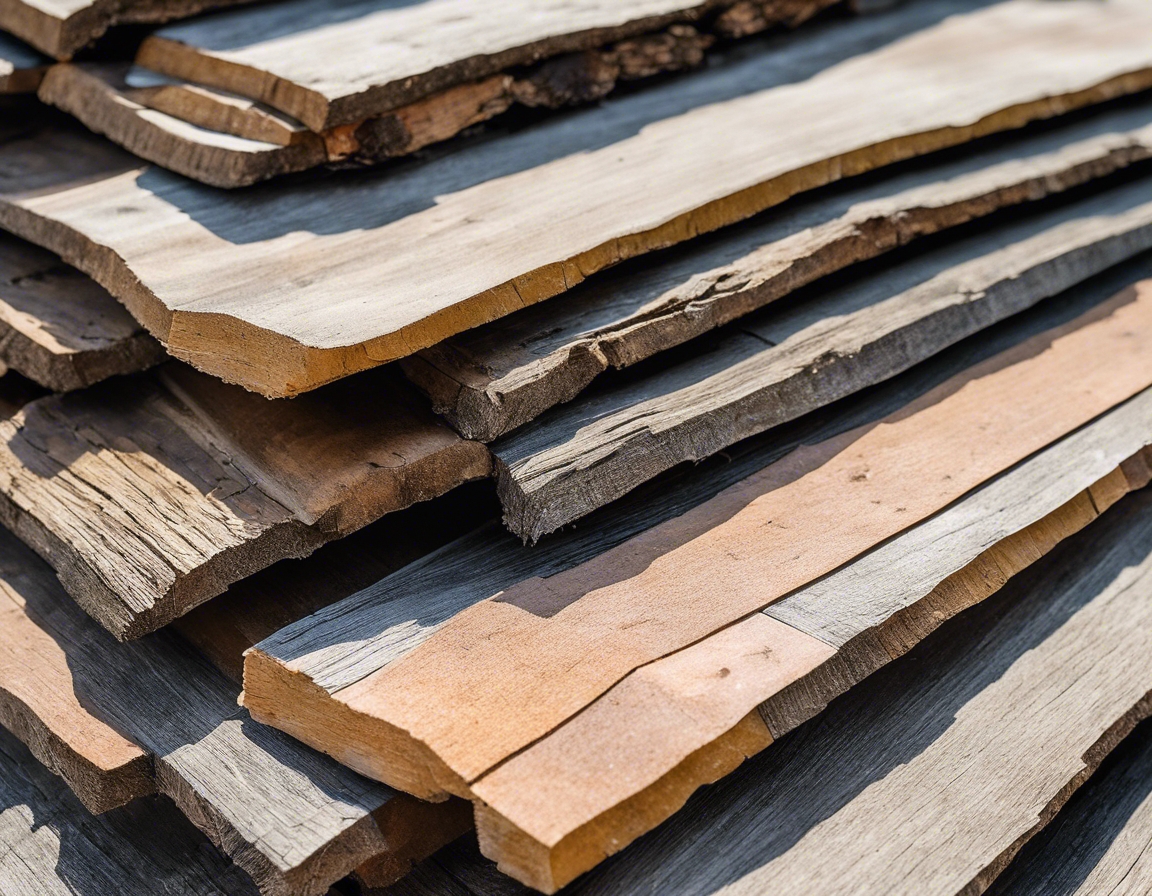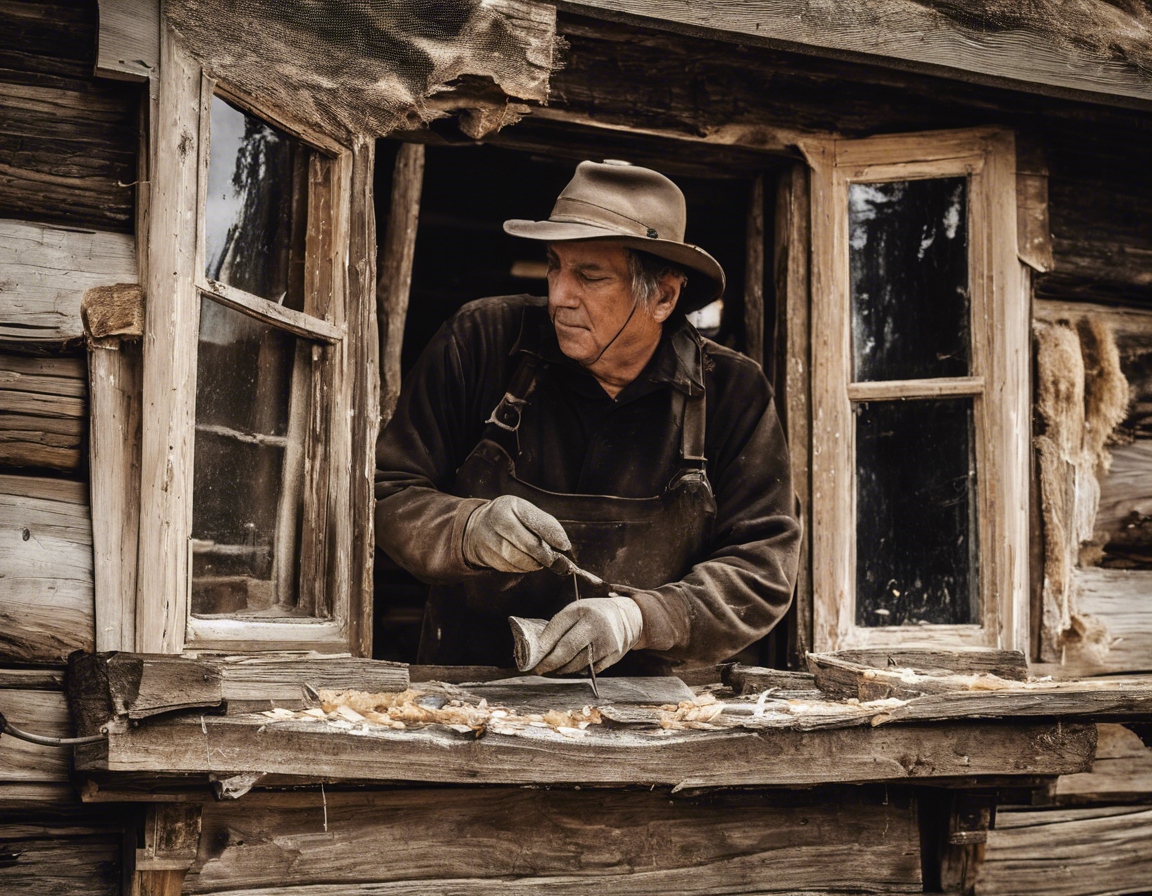The importance of roof inspections: what to look for
Roof inspections are a critical aspect of home maintenance that can often be overlooked. Regular inspections are essential for identifying potential issues before they become major problems, ensuring the longevity of your roof and the safety of your home.
Neglecting roof inspections can lead to significant damage and costly repairs. Issues such as leaks, structural damage, and insulation problems can escalate if not addressed promptly, potentially affecting the overall integrity of your property.
Key Elements of a Roof Inspection
Inspectors will assess the roof for signs of sagging, uneven roof planes, and condition of the soffit, fascia, and gutter system. Structural integrity is paramount, especially in regions with heavy snowfall or high winds.
Examining the roofing materials themselves, such as tiles, shingles, or metal panels, is crucial. Inspectors look for cracks, rust, moss, and any other indicators that the materials are deteriorating or compromised.
From the inside, inspectors will look for stains, streaks, and other signs of water damage on ceilings and walls, which may indicate a leaky roof.
Poor workmanship can lead to a host of roofing problems. Inspectors will check for proper flashing around roof penetrations, including chimneys, vents, and skylights.
Common Roofing Issues and Their Signs
Leaks are the most common issue and can lead to mold, rot, and structural damage. Signs include water stains, drips, and damp insulation.
Weather can cause significant wear and tear on a roof. Inspectors will look for missing, broken, or damaged shingles, as well as a buildup of ice or snow.
Moss, algae, and lichen can compromise the roof's integrity by retaining moisture and causing decay. These should be addressed promptly to prevent further damage.
Proper drainage is essential for roof health. Inspectors will ensure that gutters and downspouts are clear of debris and functioning correctly.
Special Considerations for Historical Buildings
Historical buildings require special attention to maintain their authenticity. Inspections should be sensitive to preserving original materials and architectural features.
Restoration work on historical buildings should use materials and techniques that are appropriate for the building's period, which may require specialized knowledge and skills.
There may be legal requirements and guidelines to follow when restoring historical buildings, including roof repairs. Inspections can help ensure compliance with these regulations.
Professional Roof Inspection Services
While some aspects of a roof inspection can be done by the homeowner, there are times when it's best to call in professional inspectors, especially when dealing with complex or high-risk issues.
A professional roof inspection will provide a comprehensive assessment of your roof's condition, including a detailed report of any issues and recommendations for repairs or maintenance.






Comments (0)